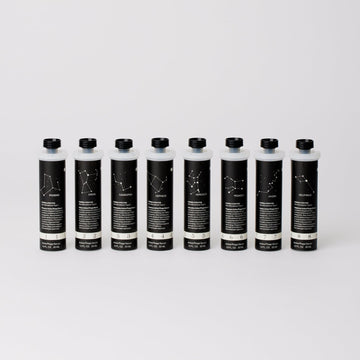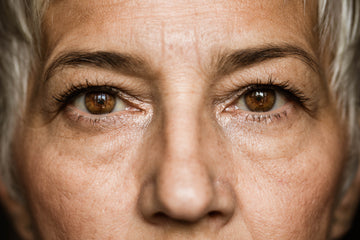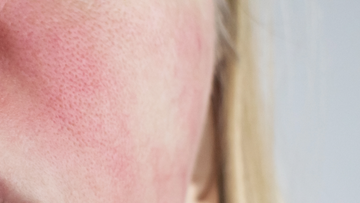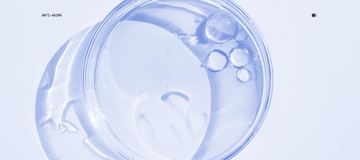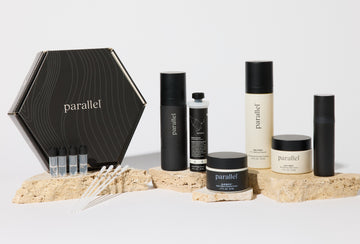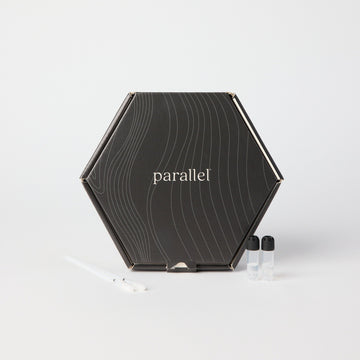Rosacea, a chronic inflammatory skin condition, affects over 16 million Americans every year. Common symptoms include redness, visible blood vessels, and inflamed bumps on the skin. Despite the range of underlying causes, new research links rosacea to an imbalance in the skin’s microbiome. This relationship offers insights into the potential for innovative treatments that could more effectively target the root cause of rosacea symptoms.
Rosacea’s origins aren’t completely understood and involve a complex interaction among genetics, microorganisms, impaired skin barrier, and immune system disruption. Environmental factors such as air pollution, tobacco smoking, and ultraviolet (UV) light are known to trigger or worsen rosacea.
How the Skin Microbiome Affects Rosacea Development
The development of rosacea is closely tied to the delicate balance of microorganisms on our skin’s surface, including bacteria, fungi, and mites. Researchers have identified several microbes as potential contributors to rosacea, such as Dermodex folliculorum, Staphylococcus epidermidis, Bacillus oleronius, and Cutibacterium acnes. An overgrowth of one or a few of these microorganisms can provoke an immune response that leads to persistent inflammation, contributing to the development of rosacea.
Studies also highlight that the presence of Demodex mites can trigger an immune response, causing redness, bumps, and visible blood vessels characteristic of rosacea. When the skin barrier is weakened, these microorganisms penetrate more easily, intensifying inflammation. Overall, rosacea appears to be influenced by both microbial imbalances and the body’s heightened immune response to these disruptions, which together lead to skin hypersensitivity and chronic inflammation.
Current Approaches to Rosacea and Their Limitations
Traditional rosacea treatments include antibiotics, anti-inflammatory medications, and topical agents aimed at reducing visible symptoms. While these methods can provide temporary relief, they often fail to address the underlying microbiome disruption and can have side effects, such as further microbial imbalance. The use of antibiotics, for example, can reduce both harmful and beneficial bacteria, potentially worsening dysbiosis over time.
The Future of Precision Rosacea Treatment
With microbiome science advancing, skincare approaches are shifting toward targeted, microbiome-friendly treatments. Rather than masking symptoms, these new therapies aim to restore balance within the skin microbiota, offering more sustainable relief.
Parallel Health offers the MD-03 Rosacea Protocol™, which includes a Skin Microbiome Discovery Kit that allows individuals to understand their unique microbial makeup. By identifying specific bacterial strains and imbalances, users can receive a tailored report that suggests microbiome-compatible skincare products and lifestyle adjustments. This data-driven approach provides an opportunity for rosacea patients to address microbial imbalances directly, potentially alleviating inflammation and irritation. From here, patients are given a custom phage serum, as well as a custom compounded prescription. These two products are precisely formulated to support rosacea in different ways.
In addition, Parallel offers the Blue Biotic Multi-Effect Peptide Cream™, which provides peptides and antioxidant-rich ingredients designed to support a balanced skin microbiome, benefiting those with rosacea-prone skin as well. The cream’s peptides help soothe irritated skin and improve barrier function, while antioxidants counteract environmental damage. This approach can help mitigate the inflammatory response that often accompanies rosacea flare-ups.
Managing Rosacea Through Microbiome-Friendly Methods
Maintaining a healthy skin microbiome can be instrumental in managing rosacea symptoms. Here are some practical ways to help balance your skin’s microbiome:
The Path Forward: An Integrative Understanding of Rosacea and the Skin Microbiome
The link between the skin microbiome and inflammation is reshaping how we understand and approach skin conditions, such as rosacea. Researchers continue to explore this connection, uncovering insights that could lead to more effective treatments. With companies like Parallel Health pioneering precision skin health through tools like the Skin Microbiome Discovery Kit, there’s renewed hope for individuals with rosacea seeking lasting solutions.




